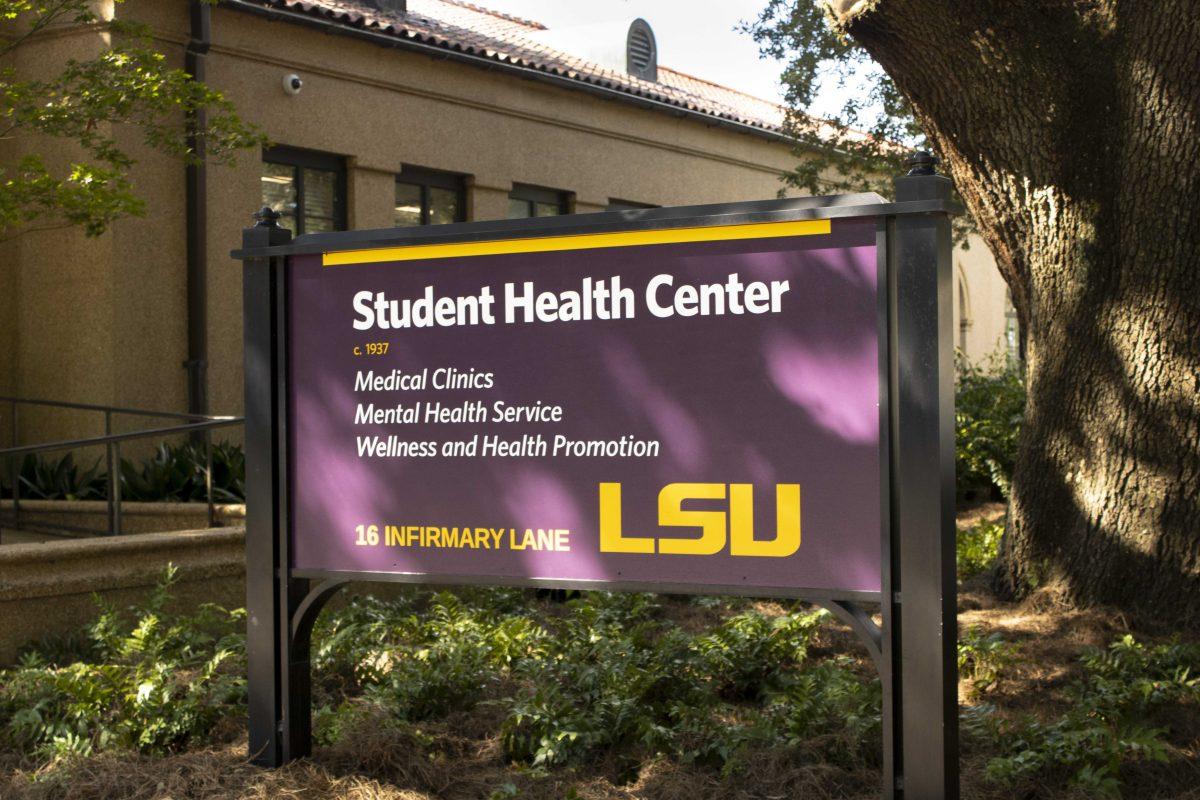Despite criticisms with how the university handles students with mental health issues, the Student Health Center is making strides with its mental health services overall.
These services have been sparse in the past but as the importance of mental health has become widely recognized, resources have been more accessible at the university.
According to mental health non-profit Active Minds, 39% of college students experience mental health issues.
Though mental health has been historically dismissed and stigmatized, colleges are ready to admit there is a problem. A survey on college counseling center directors done by the American Psychological Association found that 95% said “the number of students with significant psychological problems is a growing concern in their centers or on campus.”
The university is proving it notices the increasing gravity of mental health. While the university still has a long way to go, the mental health staff is working hard to improve resources.
Whether a student is dealing with a personal crisis or just wants to talk things out, there are a variety of services offered at the SHC to help students maintain their mental health and remain in good academic standing.
From personal experience, I believed that the university did not handle mental health well. Now, after speaking with staff at the SHC, I realize I may have just been unaware of the available resources.
To get services at the mental health center, you can make an appointment or just walk in.
“Our center had a history a while ago of taking the approach of, ‘We only see people that are in crisis same day,'” said Raime Thibodeaux, associate director of mental health at the LSU SHC. “We have changed that over the last at least year and a half, maybe two years.”
Mental health services have worked to decrease the wait time for an appointment from five or six weeks down to two weeks.
“We have worked really hard to make a lot of changes that would have a positive impact for students, and I certainly hope that it is being received,” Thibodeaux said.
For students suffering with mental health issues, the SHC offers ways to deal with crises along with long-term problems.
“The goal is to make sure that students have a list of resources and coping skills that they can utilize at a moment’s notice whenever they find themselves experiencing a crisis,” Thibodeaux said.
Students can contact the SHC with any problems, but some issues are considered crises and require more urgent attention. This list includes, but is not limited to, harm to self, harm to others, domestic violence, and sexual assault.
While it can be hard to accommodate the large student body at the university, the SHC aims to provide services to as many students as possible, Thibodeaux said.
It’s clear that the well-being of students is the priority of the SHC. Though it has its faults, it is constantly trying to improve and offer more for students.
Another example of this is the intensive suicide intervention training some SHC staff will receive at the end of May, according to Thibodeaux.
I have always criticized the way the university treats students with mental health issues. But after a deeper dive into the university’s mental health services, I appreciate that the university is trying its best to help our large campus of students in the ways it can.
Kate Beske is a 19-year-old journalism freshman from Destrehan.





